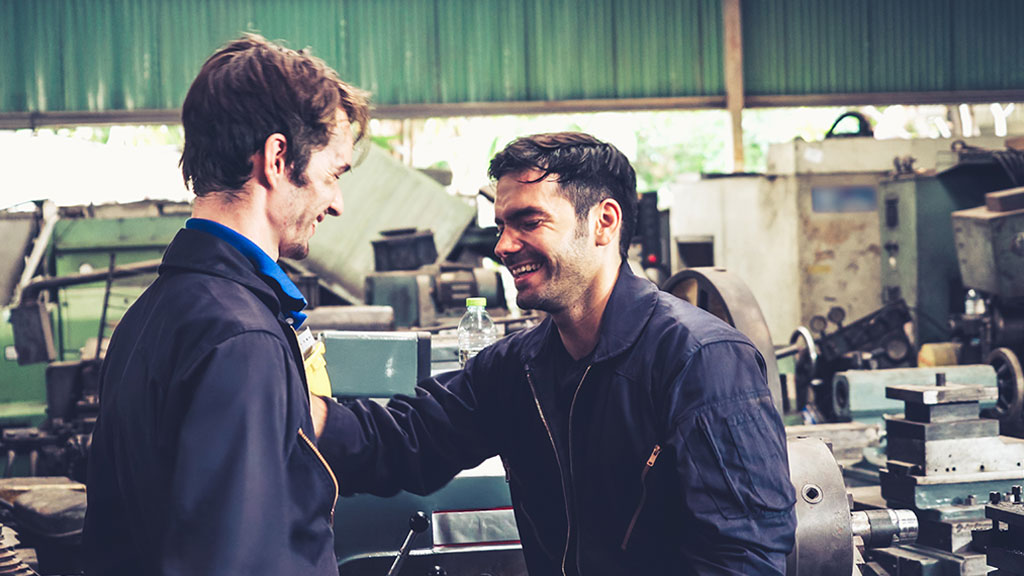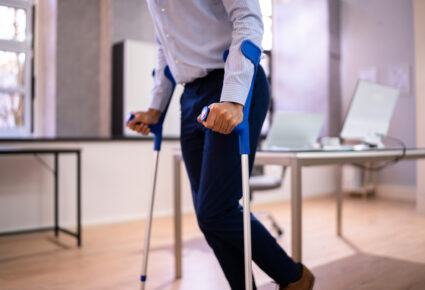Returning to Work after an injury
Returning to work following an injury can be a little overwhelming. You may not feel up to resuming your recreational activities let alone work!
While you’re recovering, it’s important to stay as active as you can. Even a gentle daily walk around the block will make a world of difference to your recovery – mentally and physically!
Don’t wait until you are symptom free before you resume activities inside and outside the home. Your body works best when it’s active. It’s better to pace yourself rather than stay inactive. Try to avoid too many activities which are sedentary, like binge-watching TV, because this can be hard on muscles and joints. Have you ever tried to stand up after sitting down for 2 hours straight – it’s not so easy!
How do you know when you’re ready to return to work?
There is a lot of research which shows that work is good for our health. Work gives us a daily purpose, keeps us active and rewards us financially. For many of us, work is also social, because we see people we like.
There are a number of challenges you may face when you return to work – it might be the physical challenge of just being at work, or it might be the challenge of seeing your employer and co-workers again after being away for a period of time, or you might be stressed anticipating the demands of the job.
The first step to returning to work is to identify any concerns you have. For example, are there tasks you don’t feel confident about doing? You should discuss these, and some possible solutions with your manager or a rehabilitation provider.
Make a list of the tasks you are concerned will aggravate your symptoms. Then you and your manager, or rehabilitation provider, can work out ways you could do them which would not lead to significant discomfort or fatigue. If not, it might be possible for you to avoid them for a while, until you’ve recovered some more.
Just like your activities at home, when you resume work, it is important to break your tasks down into smaller tasks or time units to make them easier for you to complete.
At home you’re in control of your schedule and your level of activity. If you feel tired you can stop. It may not be as easy to do that at work. Your employer may be willing to make modifications which will let you return to your job while you’re still recovering and will ease your transition back to the workplace.
There are some common questions that our clients have when they are returning to work after an injury.
- will I be able to work through my entire shift?
- Will I be able to do all that I’m expected to do?
- What do I do if my symptoms flare-up?
- What if I’m too sore to go back after my first day?
What about the social challenges of returning to work after you’ve been away for a while? Some of the questions on your mind may be
- How will my co-workers react to me?
- What should I say if they ask what happened to me?
- What should I do if they make light of my injury?
These are all great questions. Make sure that you have someone to support you throughout the process. A rehabilitation provider is someone who is engaged to support people as they return to work. Your doctor or your insurer can refer you to one.
Learning how to communicate about your health and your restrictions is important as you re-engage with people at work. Remember that your employer will need to make modifications to help you return to work and so you’ll need to be open with them about what you can and cannot do.
As long as your conditions of work are fair, and you’re not working in a dangerous environment, being in work gives you a day-to-day purpose and allows you to contribute to something bigger than just yourself; whether that’s a business, the economy, or society at large.



